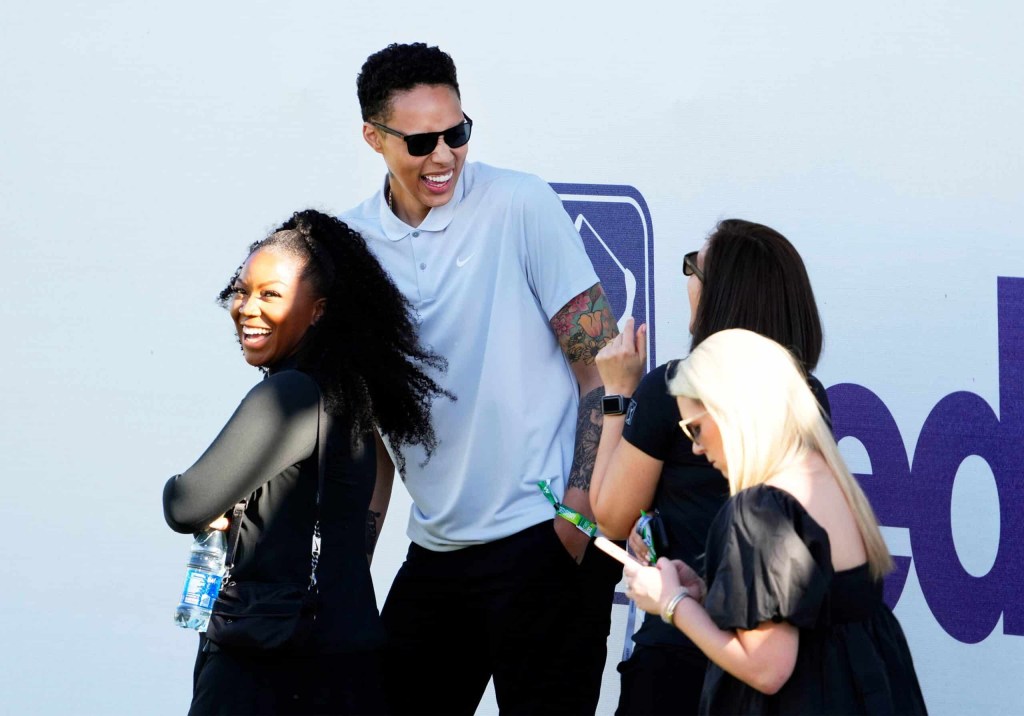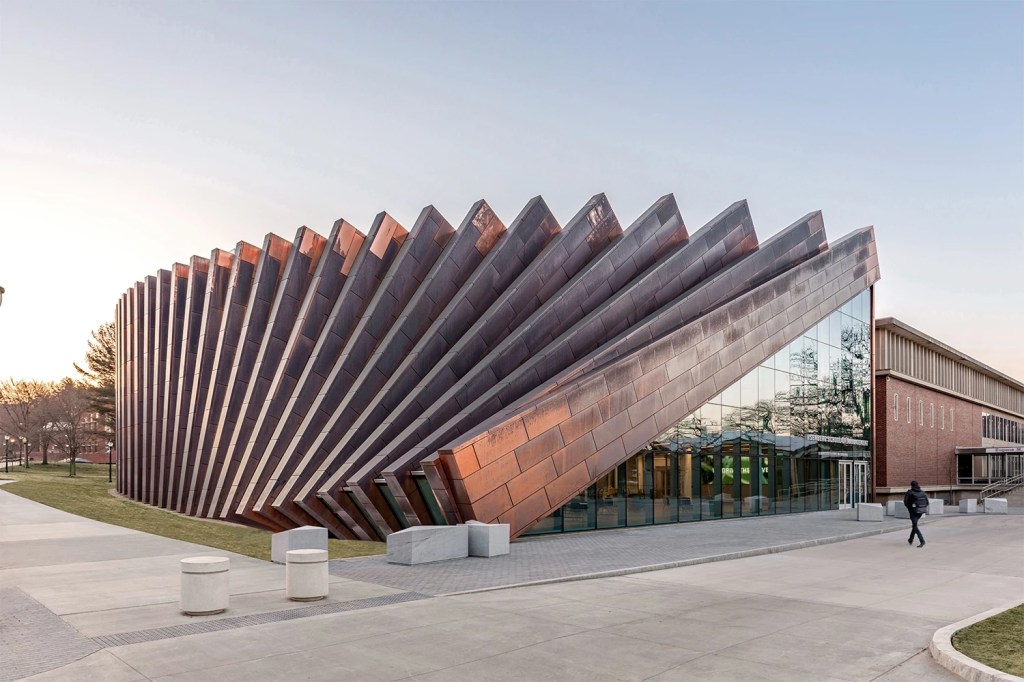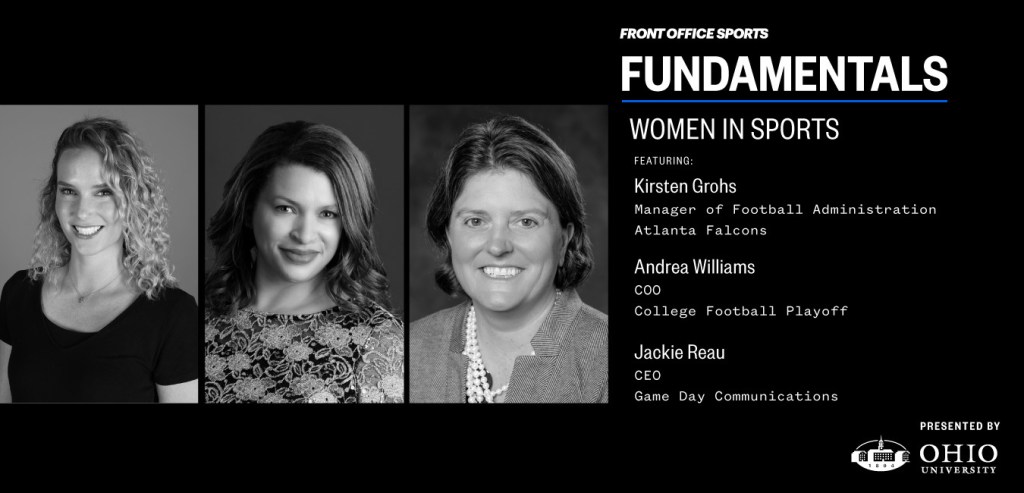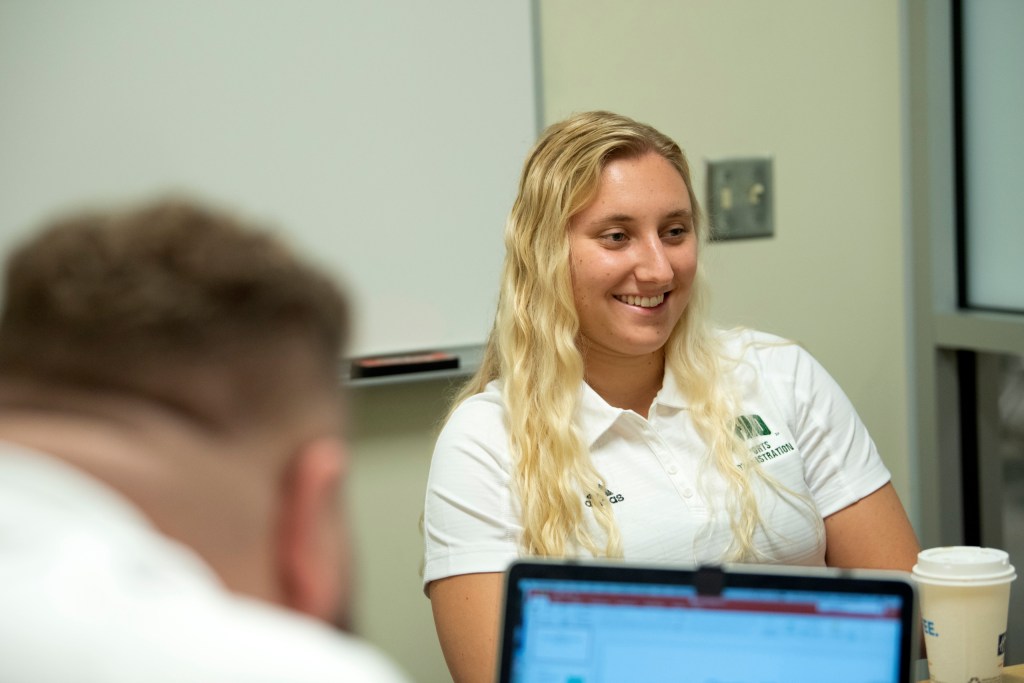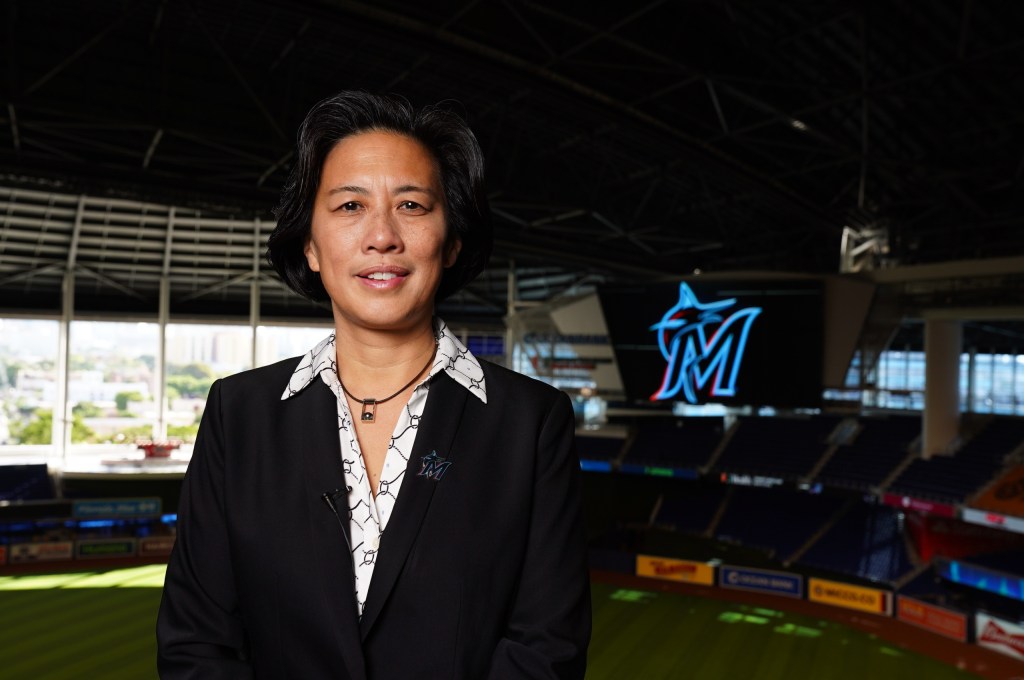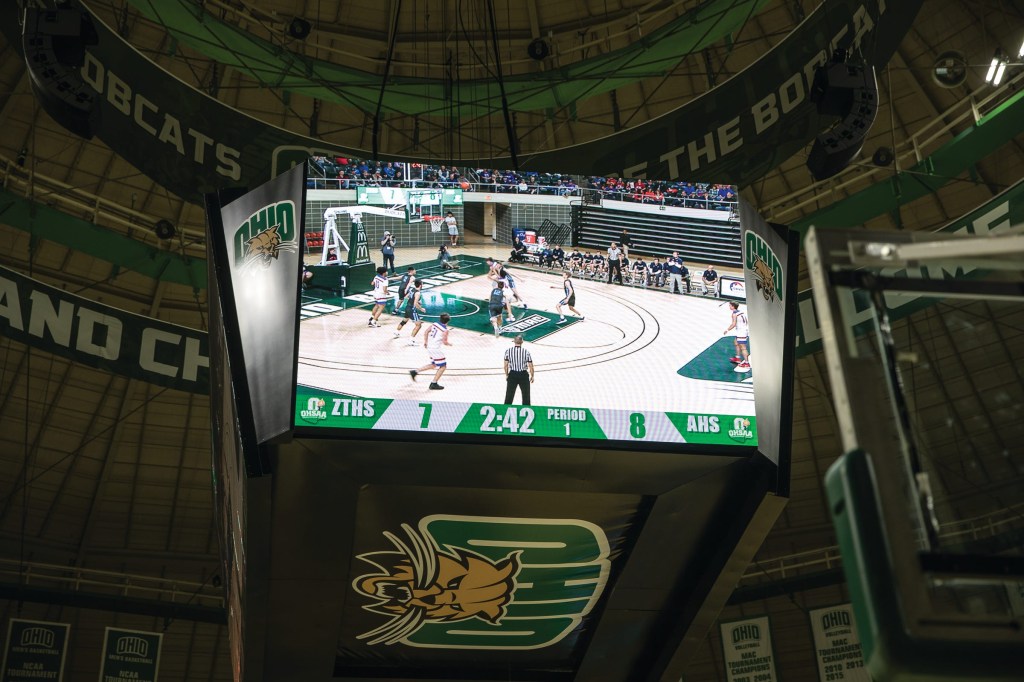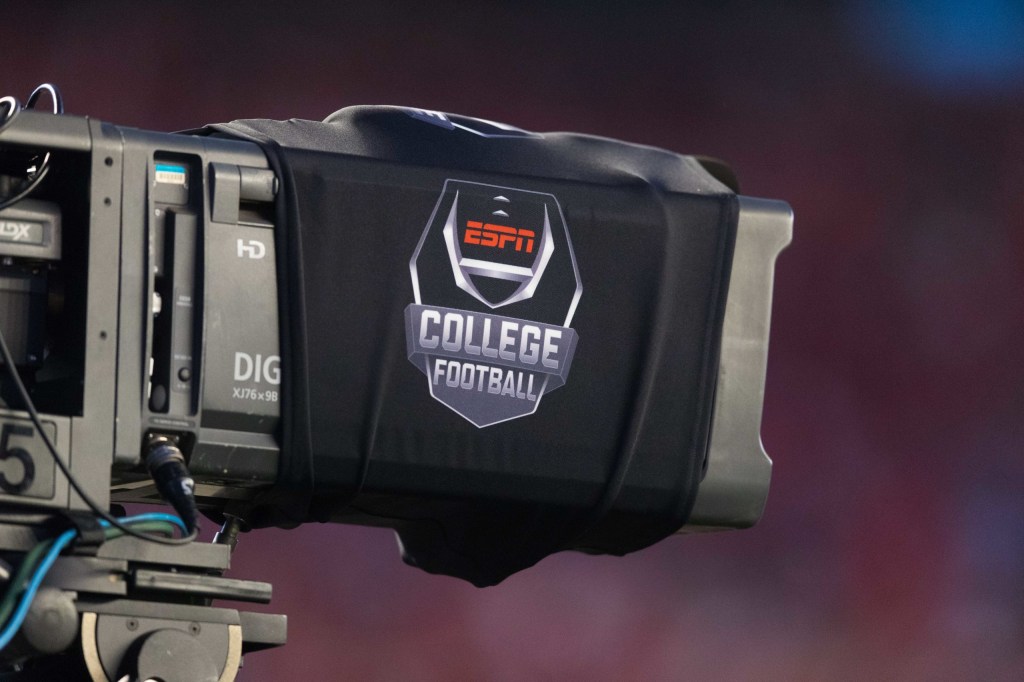
One path that some sport industry professionals, including myself, have taken in an effort to better position themselves for a dream job is pursuing an advanced degree. With my own career as a graduate student winding down in a few short months, I’ve noticed a few differences between this time and my time as an undergraduate student.
For any students or professionals still on the fence about going back to school, I wanted to pass some of these observations on along with some words of wisdom from others in the industry about what to expect as a graduate student.



For starters, if your motivations for pursuing an advanced degree are to live out some unfulfilled social fantasies from your undergrad career, it might not be the right move for you. By all means make friends and enjoy the experience, but don’t let pleasure take precedence over business and perfecting your craft. If you do find yourself in a graduate program, you’ll find thatmost people there do not take the opportunity to continue the education lightly. Use the opportunity to create and build relationships who are just as serious about the world of sport as you are.




Most undergraduate sport administration curriculums are designed to give students a more general understanding of the sport industry and all the different facets that in consists of (marketing, facilities, game operations etc.). However, grad school is a perfect opportunity to dial in on the aspect that you hope to make a career out of. As outlined in the tweets above from seasoned pros and professors, finding a program that emphasizes those finer points of your specialty will help you get a better understanding of why the tasks that make up that job are so important.

Additionally, almost all graduate programs are significantly smaller than an undergraduate class. As a result, you’ll find that professors will be more attentive and willing to go the extra mile. This will come especially in handy transitioning into the job market. Since they have observed your strengths and weaknesses up close, they’ll be willing to connect you with the right people and opportunities (provided that you went the extra mile for them in return).


An added benefit of graduate education for aspiring sports professionals is the potential of getting that education for free. Athletic departments all over the country hire graduate assistants every year, and many of these jobs pay stipends to cover the cost of tuition. On the job experience prepares you for the day to day of sports, but these kind of opportunities give you the best of both worlds combining that experience with classroom learning.

In terms of timing your return to school, there are two schools of thought. The first is to do it as soon as possible in relation to completing your undergraduate degree. This way you don’t have to relearn any study or homework habits that may have made you successful in college and high school. Some sports professionals have found this way of keeping the academic ball rolling makes it easier to mentally deal with the workload.
The second school of thought is to wait and take a few years before returning to school. The reasoning behind this is it takes some people a little time to figure out what they want to specialize in. Taking that time gives you the opportunity to experience in different realms of the industry and build up your skill set. In addition, it makes processing the material that much easier when you know specifically know how the methods you are learning will make your job easier as a result of previous experiences.
At the end of the day, the differences in experience between graduate school and undergrad are significant. However, both prove valuable in growing as a professional and as a person. If you missed the initial Twitter thread the tweets in this story came from, I recommend giving it a read for some additional insight. If you’re still on the fence about pursuing a graduate degree for your career in sports, just remember this:



